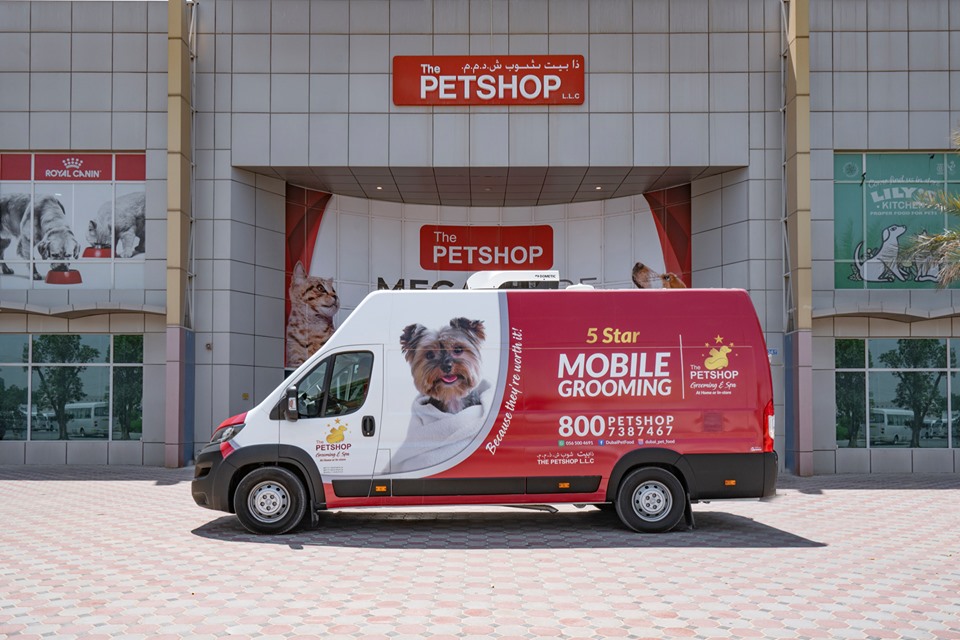
Whew, 15 years down the road – time flies.
It’s funny to think that I started by just playing around with a little SEO back in the day.
You never know how life will unfold, and I certainly didn’t expect that the time spent in front of a Windows computer (now a Mac) would eventually take me to Dubai and the Middle East for work.
That was quite a shift, both mentally and marketing-wise.
In just 50 years, this city has gone from being a desert to a gigantic metropolis.
Today, it’s still a city growing at a rapid pace with loads of potential.
I’m keeping my positive hat on for this post and focusing on the marketing aspects, as bringing up this region can always be a bit of a balancing act.
Personally, I find it fascinating how the Middle East has developed, so I thought it was fitting to share a bit about my work in the region.
A different culture and structure
The UAE has become the world’s workplace over time.
Something special happens when cultures from all over the globe meet to create new connections, optimize processes, and foster growth.
For many, the region feels like a revolving door. Expats and families frequently move in and out of the area for short and mid-term stays.
I discovered this firsthand; Not everyone keeps their word here, though I only had a few bad experiences and mostly good ones. Dubaipetfood was a fun and unique challenge for me.
Level of service
The rapid development of the region has pushed the boundaries of what’s possible.
What surprised me at first was how most e-commerce businesses have their own delivery vehicles – quite the opposite of what we see in Denmark.
Over the past 50 years, it has become the norm for everything to be delivered within a few hours. The next step in their development is the ongoing discussion about using drones for last-mile delivery.

Many companies have managed to evolve along with the region’s demands, which has created a highly competitive landscape.
If you want to be among the top in e-commerce, you have to keep up with this trend. You should expect fast-paced deals and be aware that customers could switch to a competitor at any time.
Everything is possible if you have enough money. Because of this, the level of service always has to be top-notch.
E-commerce in the region
E-commerce is starting to flourish across the region – many international companies are setting up offices, and massive amounts of investment are flowing in from around the world. According to several reports, people are particularly shopping on apps and mobile devices – something we’re familiar with, but Dubai takes it to the next level.
You can get anything via apps, whether it’s specific services like hairdressers, rides, food, cleaning, etc. This has created a mentality in the Middle East where you can get anything within a couple of hours.
Reports show that up to 73% of total sales via online channels are made through national webshops. This is quite different from Denmark, where we love shopping from foreign shops. However, everything logistics-wise fits together in Dubai, and everything you need is right there in or around the major cities.
Currently, there’s a tendency for people to shop mostly for electronics, clothing, and groceries through online channels. Overall, we’re seeing an increase in e-commerce sales due to websites and apps that excel at fast delivery and offer multiple payment methods, making it easier for consumers to shop online.
In my opinion, the Middle East has massive potential to experience a boom in international e-commerce. The region is already prepared to make most of its purchases online.
A temporary destination
Cities in the UAE, like Dubai and Abu Dhabi, have become home to expats from around the world – similar to what we see in other major cities.
Here, you find cultures from all over the world, and these cities allow the international aspect to shine through.
If you’re running a business in this area, be prepared for people to frequently move in and out of the region. This means you may have to adjust your target audience regularly.
The Middle East’s status as a temporary destination will have a direct impact on which target groups are relevant to your business, so it’s important to be flexible in this regard.
Respect the culture
While many of the Middle Eastern cities are quite international, with various nationalities working together, it’s still important to remember that you’re in a different country.
Most of us are used to respecting cultural differences when traveling abroad, but in such an international environment, there will undoubtedly be situations where you unintentionally cross some cultural boundaries.
This is especially true in e-commerce and marketing. Some ad setups and images might make sense back home but could be inappropriate in the Middle East due to cultural differences.
I recommend approaching the cultures of the Middle East with humility to succeed in this region.
Don’t hesitate to ask your business partners or fellow expats about the cultural differences you should be aware of. Respect the rules of the area, and observe what others are doing.
Hard to find people
In a region with rapid development and diverse industries, you’d think there’d be a straightforward structure for job seekers. Unfortunately, that’s not the case yet.
It can be challenging to find the right employees on your own. In my experience, there’s a lot of turnover, not least because people can get offered ridiculously high salaries.
Many companies use job agents to headhunt the right people, especially digital profiles.
Temperatures and holidays
In addition to adjusting to new conditions for marketing, e-commerce, and cultural differences in the region, there are other practical aspects to consider when moving to the Middle East.
For one, the temperatures are drastically different from what we’re used to. Much of the Middle East is still made up of arid deserts with extreme heat, which affects daily life in the region.
You’ll also need to be aware of the holidays in the region, which follow a different schedule than we’re used to in the West.
I really love it, hope to go back one day.
Here’s to a small memory of me and the Coffe Souq team.










Comments